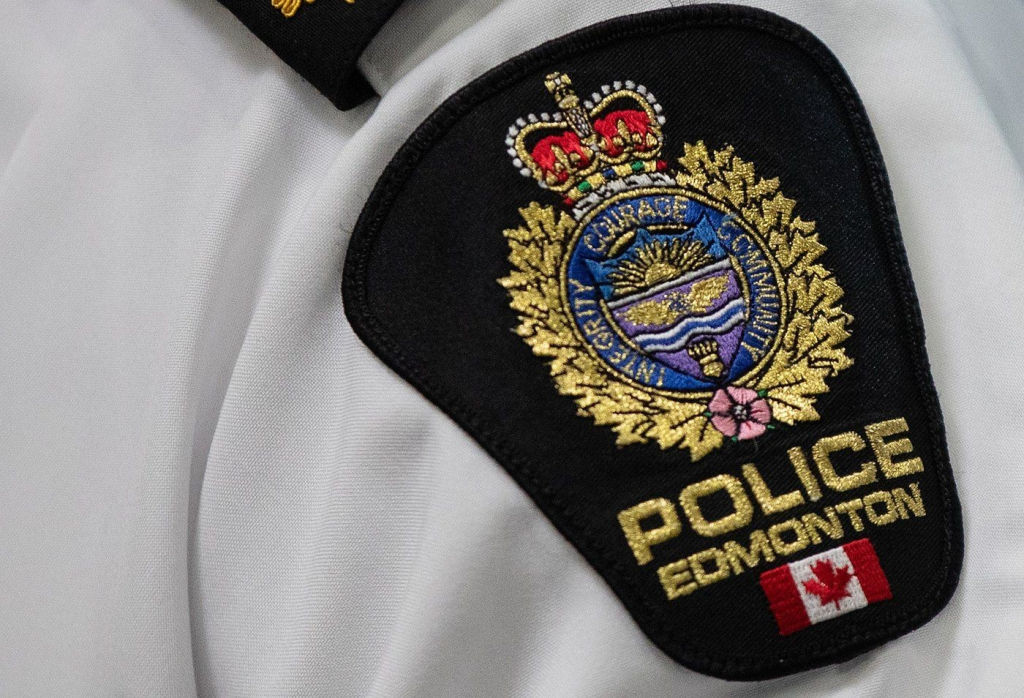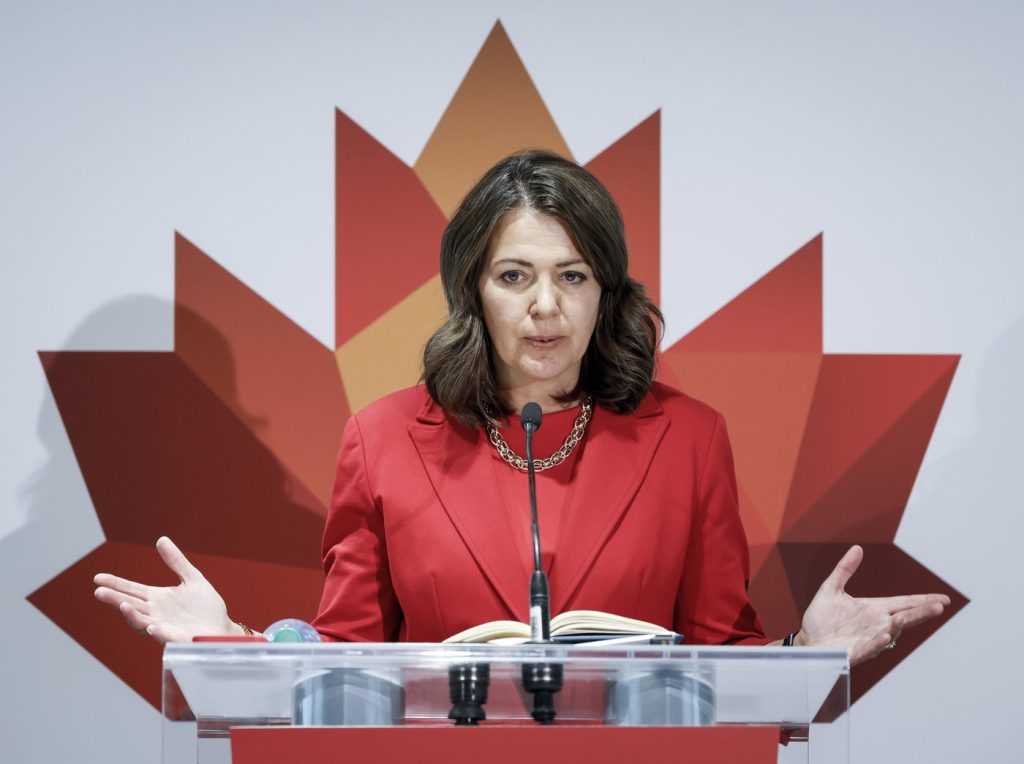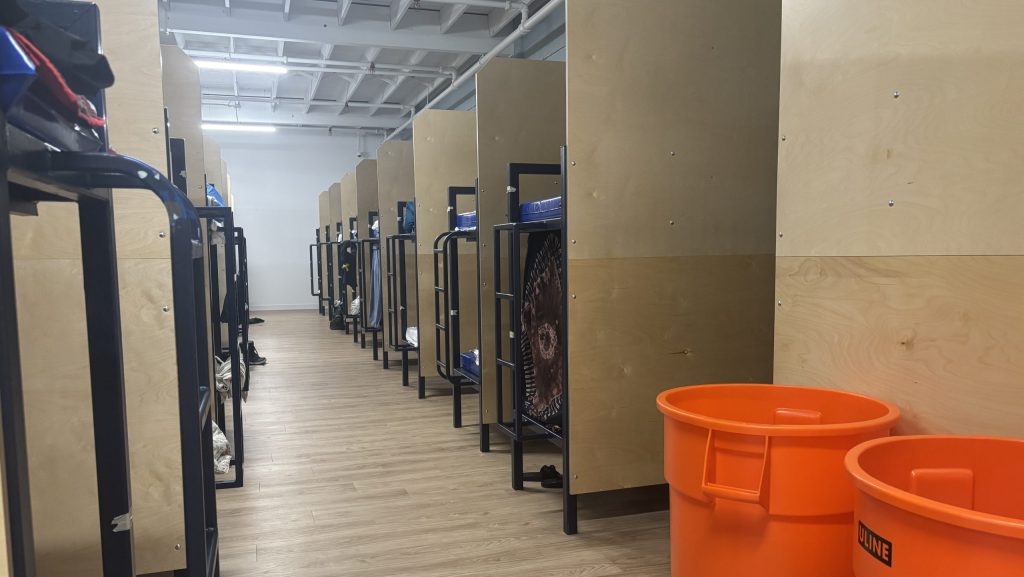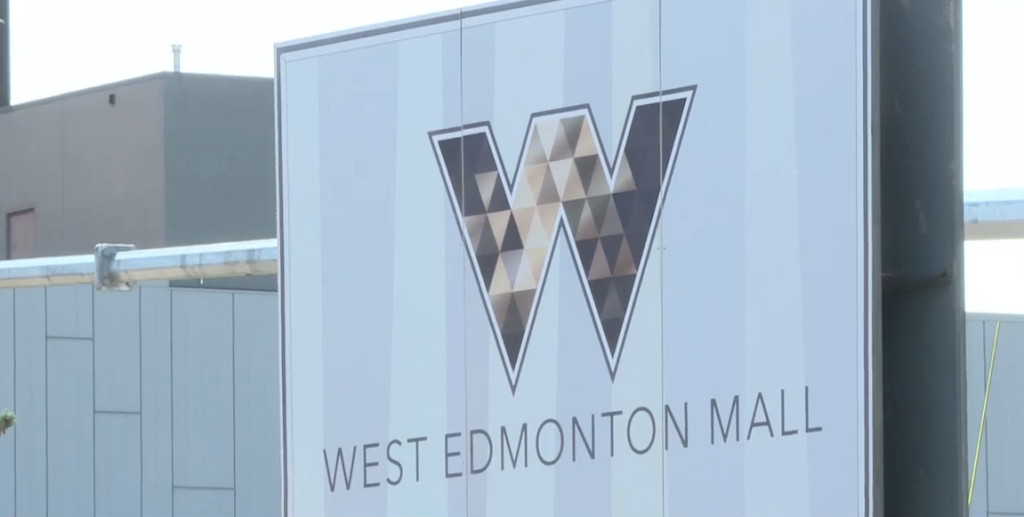‘We’ve always known’: Kuper Island residential school survivor not surprised by discovery of remains
Posted July 13, 2021 3:54 pm.
Last Updated July 14, 2021 3:06 pm.
Emotional support or assistance for those who are affected by the residential school system can be found at Indian Residential School Survivors Society toll-free 1 (800) 721-0066 or 24 hr Crisis Line 1 (866) 925-4419.
VANCOUVER (NEWS 1130) – A survivor of a former residential school on Vancouver Island where more than 160 unmarked graves were recently discovered says he always knew there were bodies buried. The remains were found near the site of the Kuper Island Indian Residential School, which was in operation until 1975.
“I think Canadians are waking up to this again, and they’re going to keep waking up to this again and again and again with more announcements,” said Steve Sxwithul’txw, who was sent to Kuper Island in 1970 when he was just five years old.
“We’ve always known that there would be others out there that were unaccounted for,” he said. “We knew that there’s bodies out there, and it was just a matter of time on how and what process would be brought forth to make that happen.”
The Truth and Reconciliation Commission of Canada’s final report called on the federal government to work towards identifying where residential school children were buried. Sxwithul’txw says he had hoped that report would have led to federal funding to find remains at the sites.
“Unfortunately, it’s moved to the point where we have a First Nation in Kamloops that’s kind of got the ball rolling … and were able to do the work that needed to be done to start this process for not only for them, but for every First Nation that had a residential school on their site.”
“You’re five … put yourself in those shoes”
Sxwithul’txw opened up about being sent to Kuper Island at such a young age. He spoke of the loneliness, unable to contact his parents or sisters.
“I felt like a stranger in a strange place in an isolated area and you couldn’t really do anything and you’re given a number and you’re just trying to get by day to day,” he said.
Sxwithul’txw, who attended the Kuper Island for one year, tried to run away several times. But the residential school, known as “Canada’s Alcatraz,” was in a remote location and there are documented cases of children who died trying to escape.
“It’s an island, so you can’t go far. If you tried to swim, there’s opportunities for fatalities that happen. That happened in the ’50s. Several people that tried to swim off passed away and drowned, trying to get away from the island,” he explained.
But Sxwithul’txw, at such a young age, risked his life because he was desperate to get back to his family and the life he knew.
“I just missed my family. You’re five. I mean, put yourself in those shoes … try to process that and how hard and difficult that is. I’ve got an eight-year-old and a 12-year-old and imagine somebody taking them off and trying to put them through this process is really disheartening and hurtful and painful … I’d find like hell.”
Related articles:
-
More than 160 unmarked graves at another B.C. residential school site, First Nation confirms
-
751 unmarked graves found at former residential school in Saskatchewan
Two of Sxwithul’txw’s sisters also attended Kuper Island. He notes the law, churches, and transportation were all working against the children if they tried to return home.
“Our parents would be arrested and students would be sent back. Parents would be thrown in jail,” he said.
The discovery at the site of the former residential school, located off the coast of Cheamainus in the Southern Gulf Islands, comes after similar discoveries at other sites in B.C. and Saskatchewan.
In May, the Tk’emlúps te Secwépemc First Nation confirmed, using ground-penetrating radar, the remains of 215 children — some as young as three years old — had been found. The search of the site of the former Kamloops Indian Residential School, which was once the largest in Canada’s residential school system, renewed calls for all former sites to be searched across the country.
Less than a month later, the Cowessess First Nation confirmed 751 unmarked graves were uncovered on the grounds of the former Marieval Indian Residential School in Saskatchewan. Later in June, the Lower Kootenay Band said a search using ground-penetrating radar found 182 human remains in unmarked graves near Cranbrook, close to where the Kootenay Indian Residential School once stood.
These stories are important because they tell truths about Canada’s history, Sxwithul’txw says.
“If the stories don’t get out, then where are we? Is our road to reconciliation?” he said. “It’s so bad that it’s hard for Canadians to listen to this? Well, try living through it.”
It was dubbed "Canada's Alcatraz" due to the remote location as well as the documented cases of children who died trying to escape. In 1959, sisters Beverly and Patricia Marilyn Joseph drowned trying to escape the island @NEWS1130 https://t.co/EZvn2G6sx5
— Tarnjit Kaur Parmar (@Tarnjitkparmar) July 13, 2021
“I think that’s the perspective that every Canadian should be taking, and how to assist us as First Nations, as first people of this land, on how we can move forward together and show some respect and some ways to work together and help each other, rather than the racism that we’ve seen so predominantly for so many years, at the start of the colonial experience.”
Sxwithul’txw says he’s been inundated with messages of support and apologies.
“It’s been great, and I thank them,” he said, urging Canadians to take the time to understand the TRC’s final report and the Indian Act.
“We need answers”
For him, the next step is answers.
“I want the government to determine why this was done and who’s going to answer to it. Be accountable for these decisions, these deaths. We can’t just let this sweep under the rug,” he said.
He wants to see a special prosecutor appointed to take a close and thorough look.
“But from what I’m seeing, the prime minister is just offering sympathy, which is really nice. Thank you. But we as First Nations people need answers. We need people brought to justice.”
A community leader in Winnipeg and son of a residential school survivor says the discovery of remains at former residential school sites should have happened sooner.
“I feel like every subsequent discovery … has elicited less and less of response from non-Indigenous people and it becomes frustrating for activists and helpers and community members like mine because it feels like we’re screaming into a void,” said Michael Redhead Champagne, a community leader in Winnipeg and the son of a residential school survivor.
He says it’s frustrating to hear Canadians say they’re shocked or surprised, given the Truth and Reconciliation Commission reporting six years ago that there were unmarked graves. He points to the TRC report dedicating an entire volume exclusively to unmarked burials.
Champagne turned that frustration into a poem called “If Every Child Mattered” (see below)
“If we are listening to the Indian residential school survivors that made it home and shared their stories, we would be taking action to support Indigenous children and Indigenous families today,” he said.
“I want to encourage everybody … to make sure that they do everything within their circle of influence to make those changes and if you need a roadmap, the TRC calls to action are there for us.”
Calls continue for all former residential school sites to be searched. The United Nations is among those pressing for Canada to perform an exhaustive investigation into uncovering the remains of Indigenous children and adults at residential schools across the country.
Related articles:
-
Trudeau reaffirms support for First Nations in wake of B.C. residential school findings
-
Discovery of children’s remains at former Kamloops residential school an ‘unthinkable loss’
-
Remains of 182 found near former residential school in B.C.
In June, the federal government announced it would be letting First Nations communities know how they could access funding to conduct searches.
The Truth and Reconciliation Commission issued its final report on residential schools more than five years ago. The nearly 4,000-page account details the abuse inflicted on Indigenous children after they were taken forcibly from their families to institutions where they were forbidden to speak their language and punished brutally for any attempts to practise their culture. Physical and sexual abuse were rampant.
The commission identified the names or information of more than 4,100 children who died in the residential school system. The exact number remains unknown.
If Every Child Mattered
by Michael Redhead Champagne
If every child mattered, they’d all have a place to sleep.
If every child mattered, they’d have clean water to drink.
if every child mattered, they would all have healthy food to nourish their growing bodies.
If every child mattered, they would have opportunities to laugh and play, free from criticism and judgment.
If every child mattered they would all have chances to make mistakes, try new things, ask questions and be themselves.
If every child mattered, they would have meaningful contact with their cousins and aunties and grand parents and extended family members.
If every child mattered these discoveries wouldn’t be a shock to so many.
If every child mattered, we would have listened to their stories long ago.
If every child mattered all 94 calls to action would have been implemented, including those relating to mass unmarked graves.
If every child mattered we wouldn’t have nearly 10,000 kids, 90% of whom are Indigenous, in the Manitoba child welfare system today.
If every child mattered, Winnipeg would be organizing urgently and desperately in response to so many kids being killed from homicide in the last 2 weeks.
If every child mattered, we would all have more responsibilities in our families and communities.
If every child mattered we would all be taking regular actions to support parents who are trying to reunify with their kids.
If every child mattered we would hold systems designed to protect kids and support families accountable.
I hear many people say every child matters but their actions don’t convey the urgency this situation requires.
If every child matters, let’s get to work.
With files from Hana Mae Nassar, Lisa Steacy, and Tarnjit Parmar








